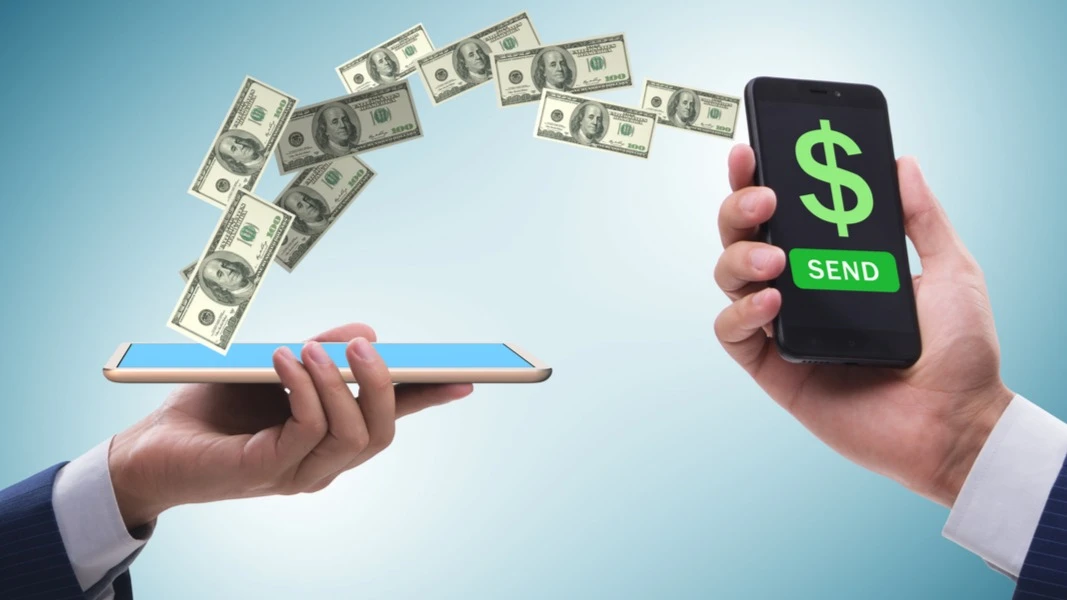Caution necessary in handling electronic money transaction

A few decades ago, transferring money between towns or cities was a major challenge. People had to physically travel with money to ensure it reaches its destination. Formal methods of money transfer were limited and expensive, and only a few could afford them. Just think about how rare it was for people to have bank accounts in those days—owning one was considered a luxury, a status symbol.
However, in recent years, this scenario has drastically changed. The number of people with bank accounts has increased significantly. Even for those without a bank account, mobile financial services now offer many of the same functionalities.
Transactions that once required a bank can now be done with just a mobile phone, marking a true revolution in the financial world. The challenge today is no longer how to transfer money, but rather how to manage and receive it efficiently.
Almost all mobile phone users today utilize the financial services provided by their cellular networks. These services are much more affordable than traditional banking. Once you register your SIM card, you gain access to these services without the need for a physical card or account maintenance fees—customers are only charged for the services they use.
In a society where financial demands often arise unexpectedly, access to these mobile financial services has become essential. Many believe that money can solve most problems, and as people migrate in search of better opportunities, they increasingly rely on these services to send money quickly across distances. The beauty of mobile transfers is their speed: you send money, and it arrives within minutes.
Emergencies such as funerals often require immediate financial support. Thanks to electronic money transfers, relatives can send funds to cover costs while planning their travel, sometimes making money even more crucial than a person's physical presence. This is one reason why electronic financial services, especially those offered by mobile phone networks, have gained widespread popularity.
Several features of these services make them particularly attractive. For instance, the ability to transfer money between bank accounts and mobile phone accounts allows users to choose the most convenient withdrawal points based on their location. In many places, mobile money agents are more accessible than bank branches, making mobile services a practical choice.
Another key benefit is the ability to access transaction records. Users can easily trace payments to and from their accounts, providing peace of mind and greater control over their finances.
However, despite the many advantages, there is a risk of incurring unnecessary costs if transactions are not carefully planned. To avoid this, consider the following factors when transferring money between bank accounts or mobile financial services:
Necessity and urgency: Before initiating a transfer, ask yourself if it's really necessary. There’s no need to send money electronically if you can meet the recipient in person. By opting to hand over cash instead of transferring electronically, you can avoid extra charges. Electronic transfers should be reserved for urgent situations when meeting in person is not feasible.
Availability of alternatives: It's important to compare costs. For example, transferring money within the same network (either bank-to-bank or mobile-to-mobile) may be cheaper than between different networks. Consider withdrawing cash from one source and sending it via the same method the recipient uses to minimize fees.
Economic considerations: Always value the economic impact of your decisions. Every coin counts and unnecessary fees can hinder your financial goals. Avoid incurring additional costs if you can simply meet the recipient and give those cash. Make sure your financial decisions are logical and cost-effective.
In conclusion, while electronic money transfers offer convenience, they also come with costs—some visible and others hidden. Users may overlook these fees because of the efficiency of the service, but it’s important to weigh the benefits against the costs to ensure financial success. Every small loss adds up over time, so it’s crucial to consider each transaction carefully. Electronic money transfers should be a tool for efficiency, not a source of financial leakage.
The author is a teacher based in Moshi. He can be reached at [email protected]
Top Headlines
© 2024 IPPMEDIA.COM. ALL RIGHTS RESERVED

























